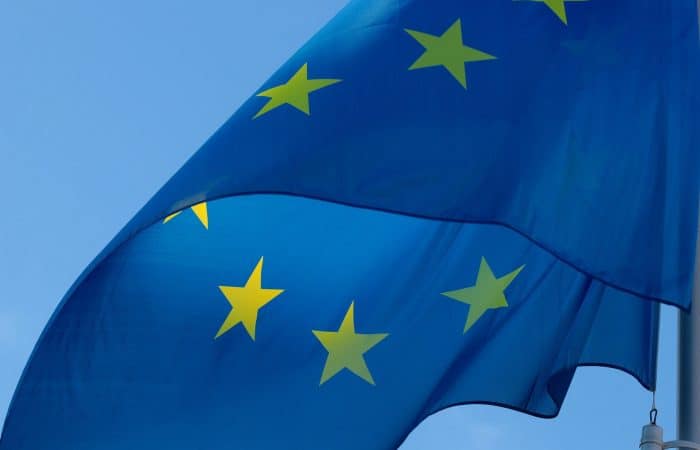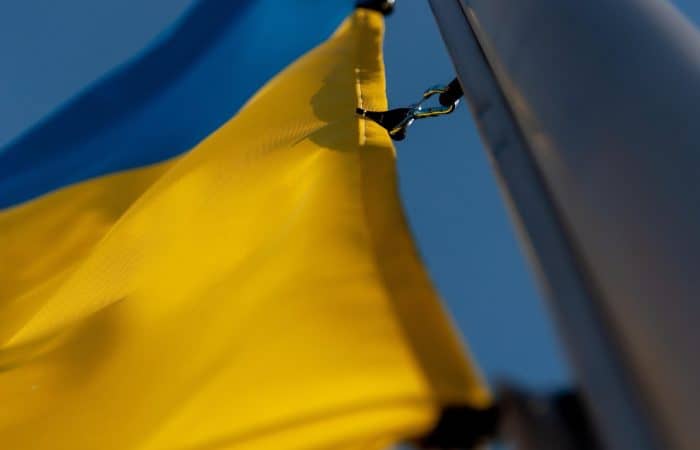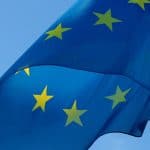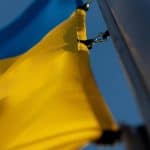This content was last updated on 29 October 2025.
Since 23 February 2022, the EU has progressively imposed sanctions against Russia in response to Russia’s violation of Ukraine’s sovereignty and territorial integrity. Below we provide an overview of the nineteenth sanction package against Russia.
On 23 October 2025, the Council adopted its 19th sanctions package, introducing a wide-ranging set of restrictive measures targeting Russia’s energy sector, financial system, military-industrial complex, and enablers in third countries. The package also strengthens controls on Russian diplomatic movements and takes additional steps to hold accountable those involved in the abduction of Ukrainian children. Measures against Belarus are further expanded to curb its support for the Russian war effort.
- Energy sector measures
- A Ban on Russian LNG imports: Effective January 2027 for long-term contracts, and within six months for short-term contracts;
- Stricter transaction bans on major Russian state-owned companies Rosneft and Gazprom Neft, with the addition of a Tatarstani oil conglomerate to the sanctions list;
- Third-country enablers: Sanctions imposed on two Chinese refineries and one Chinese oil trader purchasing Russian crude;
- Litasco Middle East DMCC (UAE) and several maritime registries listed for enabling sanctions evasion;
- Shadow fleet targeted: an additional 117 vessels that are part of the Russian ‘shadow fleet’ are added to the sanctions list, bringing the total to 557 vessels. These non-EU vessels that are circumventing the oil price cap mechanism face EU-wide port access bans and restrictions on maritime services. A complete ban to reinsure the vessels belonging to the shadow fleet is introduced.
- Financial measures
- Crypto restrictions: The A7A5 stablecoin (used to finance the war against Ukraine) is banned across the EU;
- Banking measures: 8 banks and oil traders (from Tajikistan, Kyrgyzstan, the UAE, and Hong Kong) are banned from transactions with EU operators. 5 Russian banks are added to the sanctions list: Istina, Zemsky Bank, Absolut Bank, MTS Bank, Alfa-Bank. 4 banks from Belarus and Kazakhstan are also sanctioned for supporting Russian payment systems;
- Payment systems: EU operators are prohibited from engaging with Mir (Russia’s National Payment Card System) and the Fast Payments System (SBP);
- Special Economic Zones: New restrictions on investments in entities in nine designated Russian zones central to the country’s industrial and technological capacity.
- Military-industrial and trade controls
- New listings: the 19th package added 45 individuals/entities, making a total of over 2,500 listings;
- Expanded export bans introduced for: electronic components, rangefinders, chemicals for propellants, metals, alloys, and rubber products. Therefore, also a ban on acyclic hydrocarbons and Russia’s largest gold producer to cut further revenue sources;
- Services and technology
- New prohibited services added to Article 5n Reg. 833/2014: AI, high-performance computing services, commercial space-based services, tourism-related services provided by EU operators to Russia;
- Prior authorisation required for all services provided to the Russian government.
- Diplomatic restrictions
- Russian diplomats must notify EU member states in advance of travel within the Schengen area beyond their accreditation country.
- Member states may require authorisation for such travel.
- Belarus measures
- Five new listings linked to Belarus’s military-industrial complex and expanded trade restrictions with Russia-related sanctions.
- Crypto payment bans and software restrictions extended to banking, finance, space-based services, AI, and quantum computing.
The 19th package reflects the EU’s continued determination to undermine Russia’s war economy, block circumvention channels, and uphold accountability for war crimes and human rights violations. It also reinforces the EU’s alignment with Ukraine’s Peace Formula and commitment to sustaining comprehensive political, economic, and military support “for as long as it takes”.
For detailed information on the previous 18 packages of restrictive measures against Russia, please see: EU sanctions measures against Russia.
This publication is provided for your convenience and does not constitute legal advice.
More information
If you have any questions about the content of this article, please contact our specialists on international sanctions and export controls:




